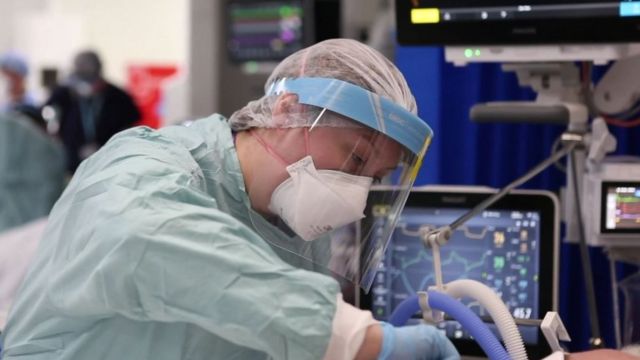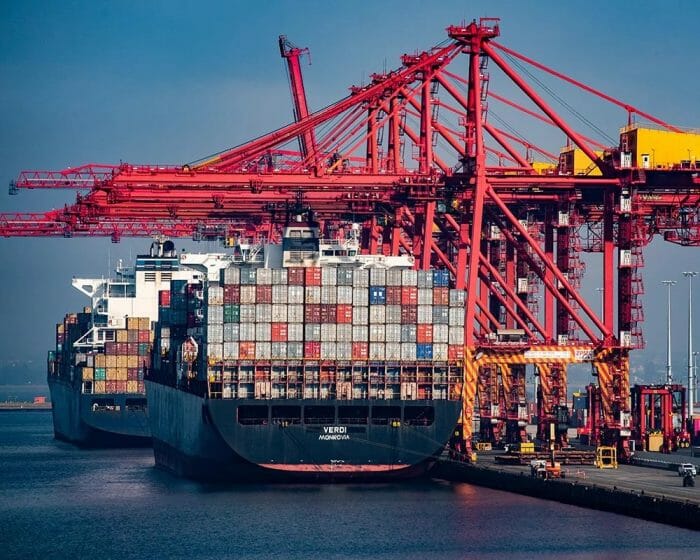According to the Northern Ireland Audit Office’s estimate, the total cost of the Covid-19 response in Northern Ireland was approximately £7.79 billion.
Spending attributed to Stormont departments amounted to an estimated £4.94 billion, while £2.85 billion was allocated to cover the expenses of UK-wide schemes.
The furlough scheme incurred an estimated cost of £1.72 billion in Northern Ireland. This initiative involved the government assisting in paying the wages of individuals unable to work during the pandemic.
The Audit Office is currently analyzing pandemic-related expenditures, but its latest report does not evaluate the value for money of specific measures.
According to Auditor General Dorinnia Carville, conducting evaluations of spending, identifying successful and ineffective measures, and learning from these insights will better equip organizations to respond to future emergencies effectively.
Approximately 75% of the total estimated cost of Stormont initiatives is associated with activities in three departments: health, finance, and the economy.
The Department of Health allocated £1.59 billion, the Department of Finance spent £1.08 billion on rates relief and other business support, while the Department for the Economy disbursed just under £1 billion for additional business assistance.
Earlier this year, Ulster University’s research indicated that, without government support, the Northern Ireland economy would have taken an extra two years to recover from the pandemic.
The Ulster University Economic Policy Centre (UUEPC) developed a “counterfactual” scenario, considering no government support and strict enforcement of all public health restrictions.
To construct the scenario, the Ulster University Economic Policy Centre (UUEPC) utilized previous research from the Organisation for Economic Cooperation and Development (OECD) and other sources. They compared Northern Ireland’s situation to economies that had fewer government supports.
The allocation of funds aimed to mitigate the impact of the pandemic on public health and the economy, ensuring the availability of medical supplies, supporting frontline workers, and providing financial aid to those affected by the pandemic’s restrictions.
Source : bbc.com







